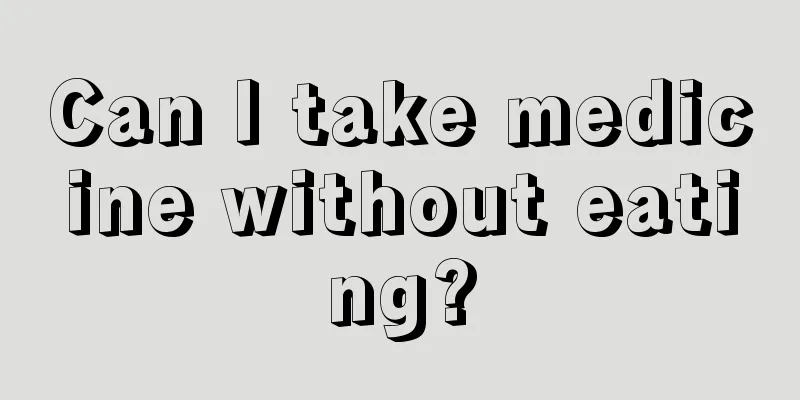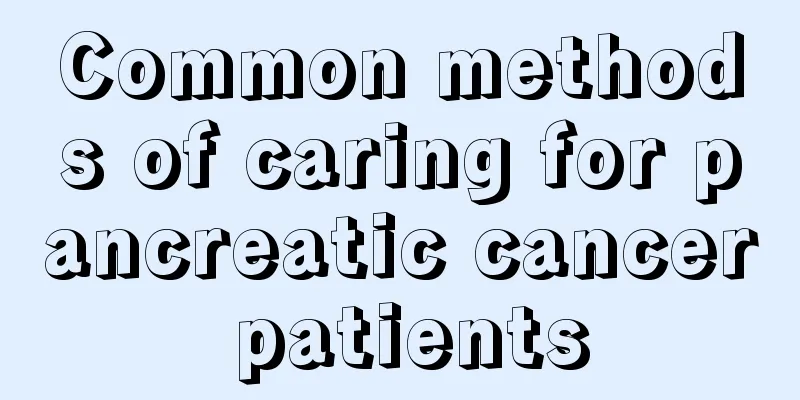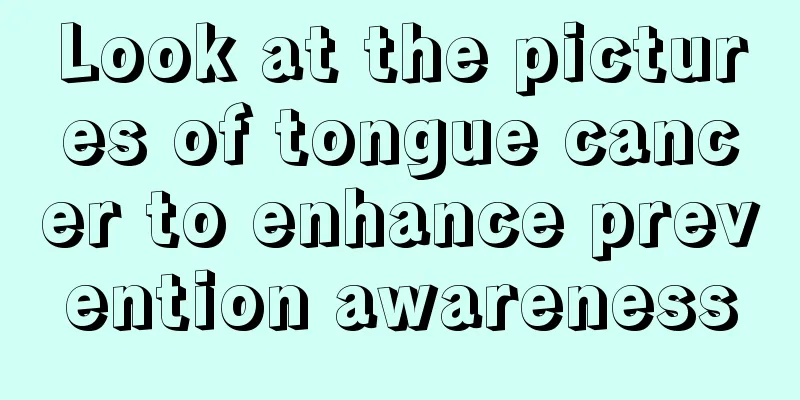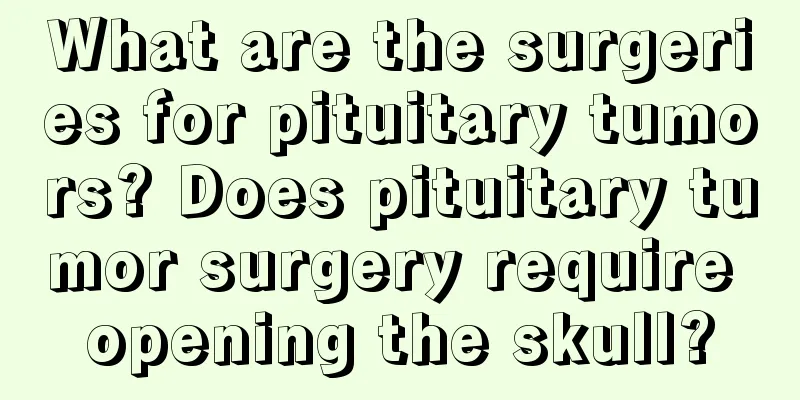Can I take medicine without eating?

|
Being sick is the most painful thing in our life, but no one can escape the trouble of being sick. Once we are sick, we need to take medicine according to the doctor's instructions. For those friends who hate taking medicine, you may not be able to take the medicine properly. At the same time, we should take the medicine according to the doctor's instructions. Some medicines are better taken on an empty stomach, while some medicines are taken after meals. We should understand the rules for the use of medicines before taking them. The medicine you take may be absorbed in specific parts of your body. If your stomach is empty, the emptying rate will be high, resulting in insufficient absorption and failure to reach the required dosage. If there is food in the stomach beforehand, the medicine will slowly pass through the intestine along with the food, and the absorption time will be long and the effect will be better. The use of drugs must be compatible with people's diet and sleep in order to play a better role. 1. On an empty stomach (early in the morning): Anthelmintics such as ascaridole and betel nut can quickly enter the intestines, maintain high concentrations and directly act on the worms; saline laxatives such as magnesium sulfate can quickly enter the intestines to take effect. 2. Before meals (30 minutes before meals): Astringent and antidiarrheal drugs, wall-protective drugs, and adsorption drugs should be taken before meals; choleretic drugs such as magnesium sulfate and sodium cholate can prevent the drugs from being overly diluted when passing through the stomach and ensure their efficacy; intestinal anti-infective drugs that do not cause much stimulation to the digestive system should be taken before meals. 3. During meals (a short while before or after meals): Digestive aids such as pepsin mixture should be taken during meals so that the drugs can take effect in time; some drugs that are particularly irritating to the gastrointestinal tract (ferrous sulfate, levodopafen) should be taken during meals. 4. After meals (15-30 minutes after meals): Most medicines can be taken after meals. Especially drugs that are irritating to the gastrointestinal tract, such as aspirin, indomethacin, potassium iodide, digitalis, berberine, etc. Generally speaking, it is best to take medicine on an empty stomach unless there are special regulations, because food can delay the absorption of the medicine, so it is generally best to take it on an empty stomach. However, people who have stomach irritation or stomach problems can take medicine after meals, such as non-steroidal anti-inflammatory drugs, ibuprofen, APC, fenbid, indomethacin, etc. Others have special requirements: for example, blood sugar-lowering drugs are required to be taken 30 minutes before meals or immediately after meals or at the same time as the first bite of food; gastric acid suppressant cimetidine and ranitidine are required to be taken half an hour before meals, Chinese medicine is required to be taken before meals, and Western medicine is required to be taken after meals. Just remember this. |
<<: Can essential oils be applied to private parts?
>>: The wound on the foot does not heal for a long time
Recommend
The following aspects should be noted in the prevention of lymphoma
Lymphoma is a common disease in life, and we shou...
How many years can you live after chemotherapy for advanced gastric cancer
How many years can you live after chemotherapy fo...
4 common treatments for breast cancer patients
Breast cancer is a common disease among women. Tr...
Can multiple bone metastases of nasopharyngeal carcinoma be cured?
Nasopharyngeal carcinoma refers to a malignant tu...
Foods that cure myopia
Myopia is a very common problem nowadays. Many pe...
Does atrial fibrillation have to be treated with medication?
Atrial fibrillation is a professional term that m...
How to treat atherosclerosis with diet
Diet therapy is also a very common treatment meth...
How to deal with swollen and painful gums
What we often call swollen and painful gums is ac...
What to do if pubic hair itches? This will stop the itching quickly
It is extremely normal to have pubic itching in t...
How to deal with teratoma recurrence
The female body has to go through normal physiolo...
What to do if you have abdominal pain, diarrhea and fatigue
Abdominal pain, diarrhea and fatigue may be cause...
Misunderstandings about trivial matters in life can harm your health
1. Don’t take a hot bath just before going to bed...
The difference between oyster mushroom and mushroom
Mushrooms are a very common type of fungi. We all...
What are the traditional Chinese medicines for treating liver cancer? 5 kinds of traditional Chinese medicines can treat liver cancer
As we all know, the current treatment for cancer ...
What is the reason for arm pain? This treatment is effective
There are many causes of arm pain, the most commo...









